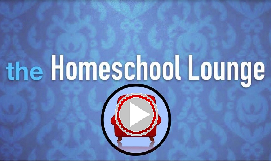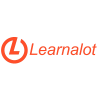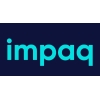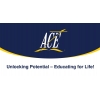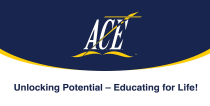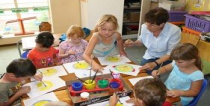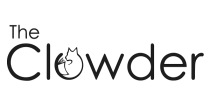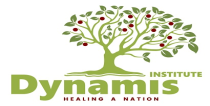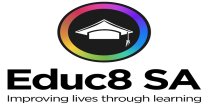This statement reveals a fundamental misunderstanding of state sovereignty, parental responsibility, and educational rights. In a rights-based democracy, such a misunderstanding is not only inaccurate—it is dangerous.
It equates state sovereignty with the desire to know and account for every child. However, many sovereign states trust parents to do what is best for their children and do not attempt to register and monitor each child. This reflects the principle of subsidiarity, which holds that decisions should be made by those closest to the people affected—typically, parents in the case of education. By implication, Minister Gwarube’s logic suggests that states which uphold subsidiarity are somehow less sovereign, while only surveillance-oriented states meet the standard of sovereignty. But is that true? Are countries like the UK and several U.S. states—which do not require registration of home learners—less sovereign? Or are they simply more respectful of family autonomy?
Section 1 of the Children’s Act affirms that the right to parental care includes the responsibility of “guiding, directing, and securing the child’s education.” Parents, who know their children best, are uniquely positioned to realize this right. In a rights-based democracy, the role of the state is to support, not override, parental responsibility. Minister Gwarube’s statement, by contrast, has no clear basis in law and undermines the very principles the Constitution and the Children’s Act seek to protect.
Despite repeated parliamentary discussions, the Department of Basic Education (DBE) has failed to produce, or even commission, any research into home education. Minister Gwarube’s exclusion of home education from the DBE’s research plan confirms that this push for registration is not based on evidence - it is ideological.
Education is a lifelong process that begins at birth, with parents and family naturally assuming responsibility from the start. Yet, when a child reaches a certain age, Minister Gwarube claims that the state must take over this responsibility, despite nothing changing in the life or needs of the child. Then, at age 15, the state abruptly relinquishes this responsibility again.
Basing educational accountability purely on a child’s age is arbitrary. Educational responsibility is a continuous parental duty, not one that can be selectively delegated to the state without cause or consent.
Gaining sufficient knowledge of each child in order to assume accountability through registration and monitoring would require a significant investment in both personnel and technology. Cape Home Educators (CHE) has estimated that the cost of such a system would run into the hundreds of millions of rands. Committing this level of funding to an unproven and unexamined monitoring regime, without any clear legal or empirical foundation, constitutes not only poor governance, but may amount to financial misconduct, especially given that Parliament was repeatedly informed that no meaningful Socioeconomic Impact Assessment on home education has been conducted.
To claim that the state will be accountable for the education of all children is misleading. Parents possess the most intimate knowledge of their individual children, and true accountability must include the state's duty to be answerable to parents, especially when state decisions negatively affect their children. The Constitution requires government to be accountable, responsive, and open. Yet the BELA Act grants the state unchecked oversight over families, without any reciprocal duty to engage, explain, or be held answerable to those families. True accountability is reciprocal. If the state claims the right to scrutinise families, it must also accept that it will be scrutinised by those same families.
If the real intention behind the BELA Act is not accountability, then it must be something else. What that is, remains unclear. Until government can clearly demonstrate that this surveillance regime is lawful, necessary, and beneficial to children, parents should exercise extreme caution before registering.
Educational freedom, once surrendered, is not easily regained. This is not a time for passive compliance—it is a time for critical vigilance. Before parents hand over their freedom to educate, they must ask: Who really benefits from this type of surveillance—and what will it cost our children?





